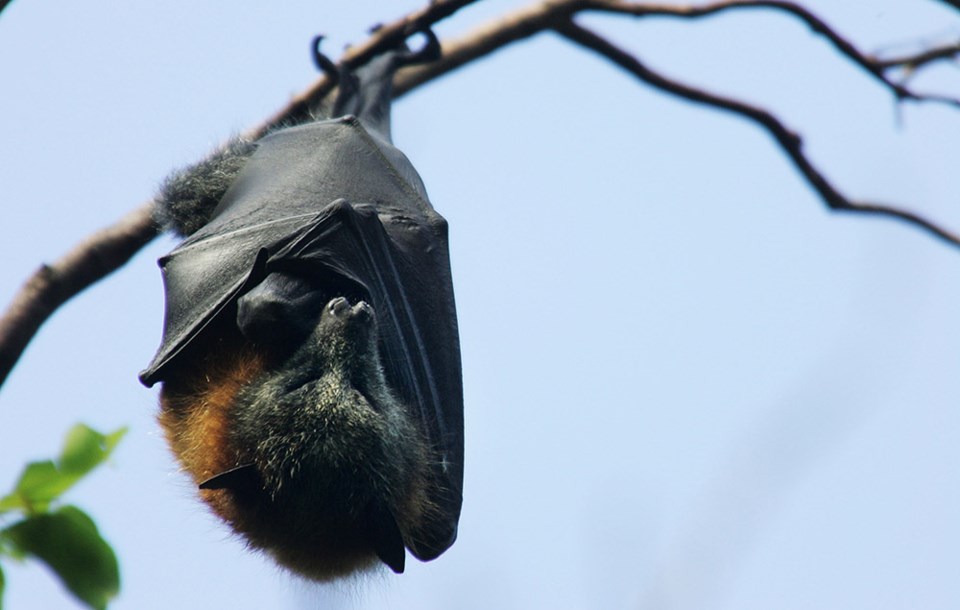Question: I'm looking at starting a bat garden; a garden that will attract night insects and critters that will act as a food source for these awesome flying mammals. Do you have any suggestions for native B.C. plants with night-flowering blooms that will intoxicate the night air.
Kirk,
Langley
Answer: Absolutely the best thing to attract insects that bats feed on is a bright light. I'm very aware of that because in 2005 I was bitten by a bat that flew into my face and bit me as I walked across a brightly lit deck that was thick with insects attracted by the light.
Among native B.C. flowers, Philadelphus lewisii (mock orange) does stay open at night. This is extremely fragrant, especially in late evening and early morning. The single form is more accessible to insects than the double form.
Another night-opening, fragrant native is the evening primrose. The native forms are Oenothera biennis and O. hookeri.
Japanese honeysuckle (Lonicera japonica) is not native to North America but has become naturalised (invasively in some places) on the East Coast. Besides being very fragrant, it has a long blooming season.
Sweet rocket (Hesperis matrionalis) is also fragrant and non-native but naturalized here. It's a magnet for insects in the day (especially swallowtail butterflies) and does stay open at night.
Non-native plants that continue to spread fragrance at night include climbing hydrangea and sweet autumn clematis.
Of all these, the two with far-ranging and truly intense fragrance are the mock orange and Japanese honeysuckle.
Question: Is it OK to plant or just lay cloves of garlic next to zinnia, acorn squash, rhubarb, chard and vegetable marrow (it's like a zucchini). Are there any vegetables or flowers that do not like garlic near them?
Koko,
Coquitlam
Answer: Generally plants benefit from having garlic nearby because garlic is great at deterring pests. If any plant has problems with this arrangement it's more likely to be the garlic. The allium family (garlic is an allium) hate competition.
That's why you're unlikely to get big garlic cloves from this placing. The squash, marrow and rhubarb leaves will tend to smother and shade the garlic. The zinnias and chard should fit in nicely.
Though garlic deters pests, it doesn't deter the growth of any plants nearby. Some other plants do. One of these is couch grass. This is a coarse perennial grass which spreads by white, needle-pointed roots and is quick to invade vegetable gardens from couch-grass infested lawns.
One of the most skilled trees in chemical warfare is Black Walnut which tends to create mini-deserts around itself. Even Himalayan blackberries struggle to survive in the root zone of this tree. Pines have something of the same reputation. Both are best far away from places where vegetables are grown.
Question: Is it too late to dig up my calla lily bulbs to thin them out?
Nikki Stubbs
Tri-Cities
Answer: It's not too late to dig up and thin your calla lilies. After all, many people buy new calla bulbs and plant them at this time. They may flower a bit later from being disturbed, but if they're crowded, flowers could be few and far between anyway. But after thinning, your callas should flower well next year.
Anne Marrison is happy to answer garden questions. Send them to her via [email protected]. It helps to add the name of your city or region.



